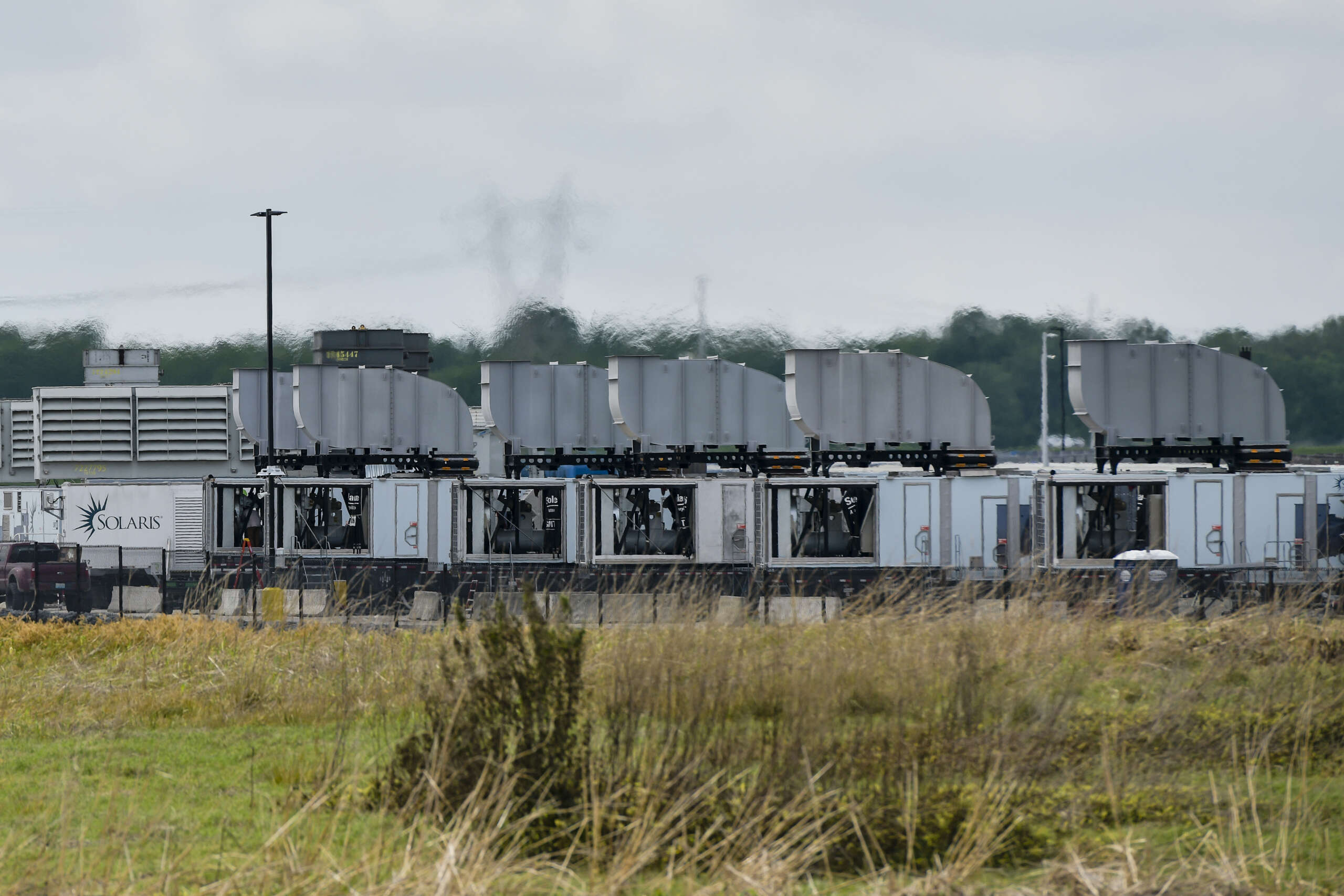
"Her cousin didn't know what to make of the postcard featuring the logos of nine local, state and federal agencies and the chamber's assurance that billionaire Elon Musk's artificial intelligence company operated "in full compliance with all applicable federal, state, and local regulations and oversight." The facility - part of Musk's bid to dominate the AI market - opened at a breakneck pace almost a year before, brought to Memphis, Tennessee, largely due to the efforts of the local Chamber of Commerce."
"Across the country, communities are grappling with the boom of data centers and supercomputing facilities, which consume voracious amounts of electricity and water and can emit smog-producing pollutants. In places from Maricopa County, Arizona, to Prince William County, Virginia, residents have used zoning restrictions as a means to keep supercomputers at bay - an option not available to Memphians because the xAI building was already zoned for industrial use."
Marilyn Gooch and neighborhood residents expressed skepticism after receiving a postcard from the Greater Memphis Chamber of Commerce asserting that xAI operated "in full compliance" with regulations. The xAI supercomputing facility opened rapidly and arrived in Memphis largely through the chamber's efforts. Data centers and supercomputing facilities consume large amounts of electricity and water and can emit smog-producing pollutants. Other communities have used zoning to limit supercomputers, but Memphis could not because the xAI site was already zoned industrial. Residents and environmental justice advocates raised concerns about health impacts, nearby toxic emissions from industrial plants and high local asthma rates, with particular worry about emissions from methane gas turbines.
Read at Truthout
Unable to calculate read time
Collection
[
|
...
]